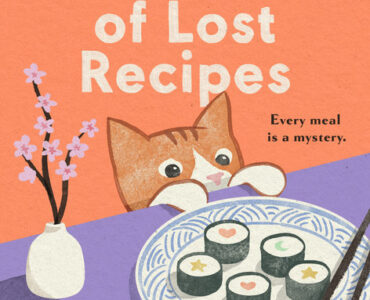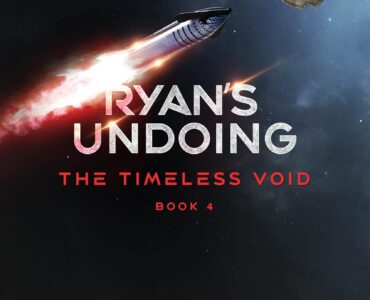Pros
- Even more exciting story that pits humanity against a more violent artificial intelligence
- Hale and crew’s journey adds a bit of the mystery and excitement of the unknown
- Reveal toward the end, as well as epilogue, promises a larger showdown
Cons
- Time jumps ahead in the second half of the book feel a bit rushed
- The fate of the Waymakers isn’t discussed
Freezer Burn Review
Freezer Burn by Rachel Aukes is an exciting story based on the familiar theme of humans fighting against a wicked or warped artificial intelligence. Movies from the early twentieth century like Metropolis (1927), Westworld (1973), and the more recent Terminator (1984) have explored the consequences of rogue, violent AIs.
In many ways, Freezer Burn‘s premise isn’t all too different: the inherent human desire for freedom will express itself in sometimes destructive ways, especially when combined with the other human desire for control and power.
What makes Freezer Burn a little different is that its main cast of characters isn’t limited to the short human lifespan of one hundred years. In fact, the previous book explains why Captain Hale and his crew may able to survive indefinitely. This near immortality explains why the crew are so talented—they’ve had centuries to master any skill they require in order to survive in secret.
The plot of Freezer Burn finds Captain Hale and his crew of trans-humans caught in the middle of a civil war between Sol Corp and the rest of of the colonies demanding independence after the departure of the Waymakers as they pursue some unknown goal or mystery. What little the crew learns about the Waymakers after their departure invite only more questions and intrigue.
It’s the revelation of the Waymakers and their actions that adds another dimension to the expanding scope of the story. Even if little is discussed about the original Waymakers, what they’ve been doing since they left the solar system is revealed in a too short paragraph describing a catastrophe.
One of the great aspects of science fiction is the element of discovery and surprise, that sense of exploration and adventure into the unknown. While the first half of the book has Hale and his crew attempting to prevent an all-out war between Sol Corp and the colonies, the second half of the book moves the story much further along into a fairly bleak future that forces Hale on his adventure and the discovery that he makes on this journey.
While the discovery itself is exciting and adds more questions than it answers, the author’s choice of skipping ahead in time feels like a fast-forward that leaves out a lot of the story back home that could have been explained. Instead, Hale’s return leaves a vastly altered solar system with not much information about the state of humans.
Freezer Burn by Rachel Aukes continues with an even more exciting story than its predecessor Space Junk. The story concludes with the state of humanity in ruins after being under control of a violent AI, and the epilogue compounds the sense of disaster and provides no respite for Hale and the surviving humans. The next book promises even more action and perhaps some answers as well.
Read reviews of other works by Rachel Aukes.



